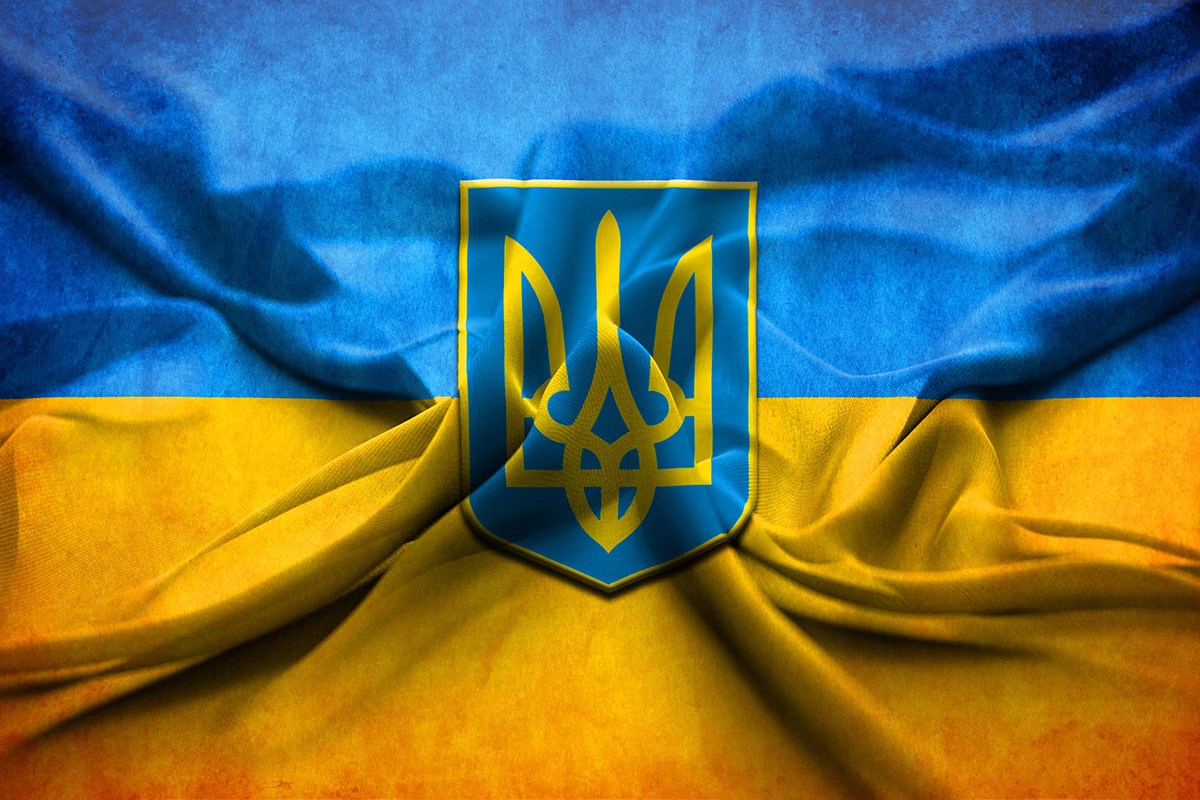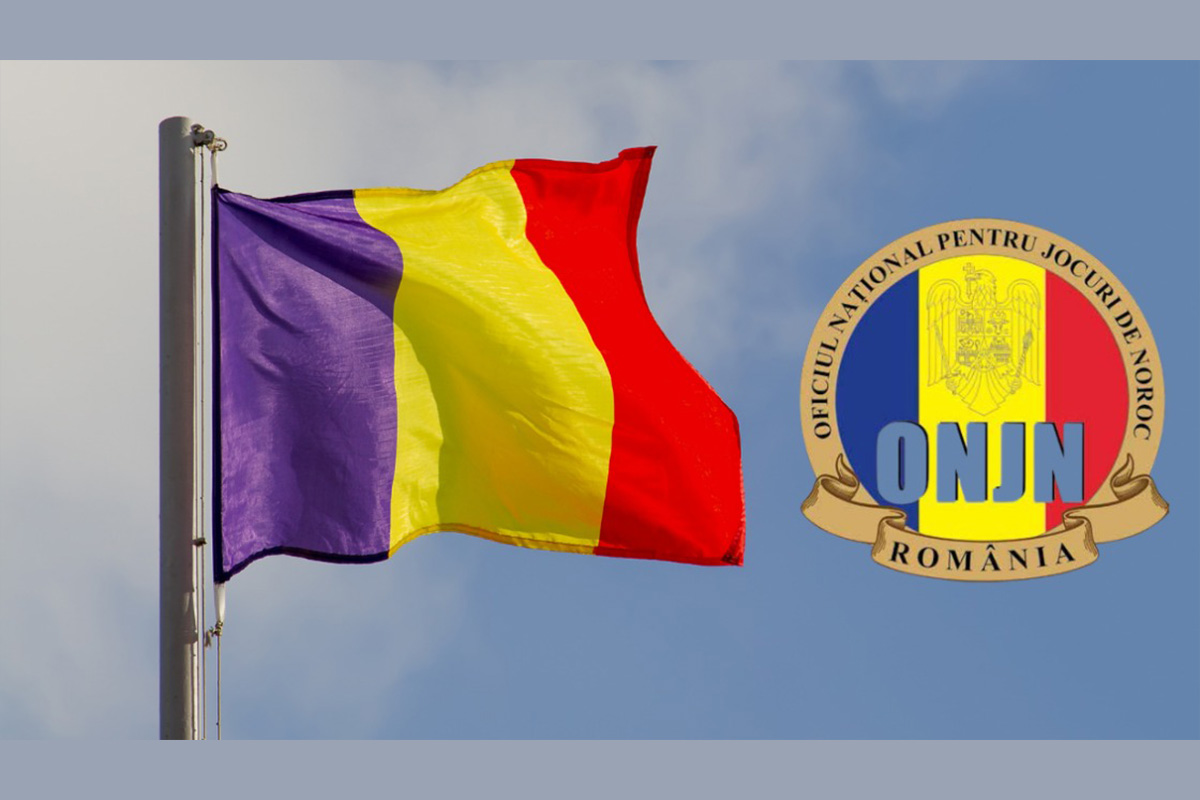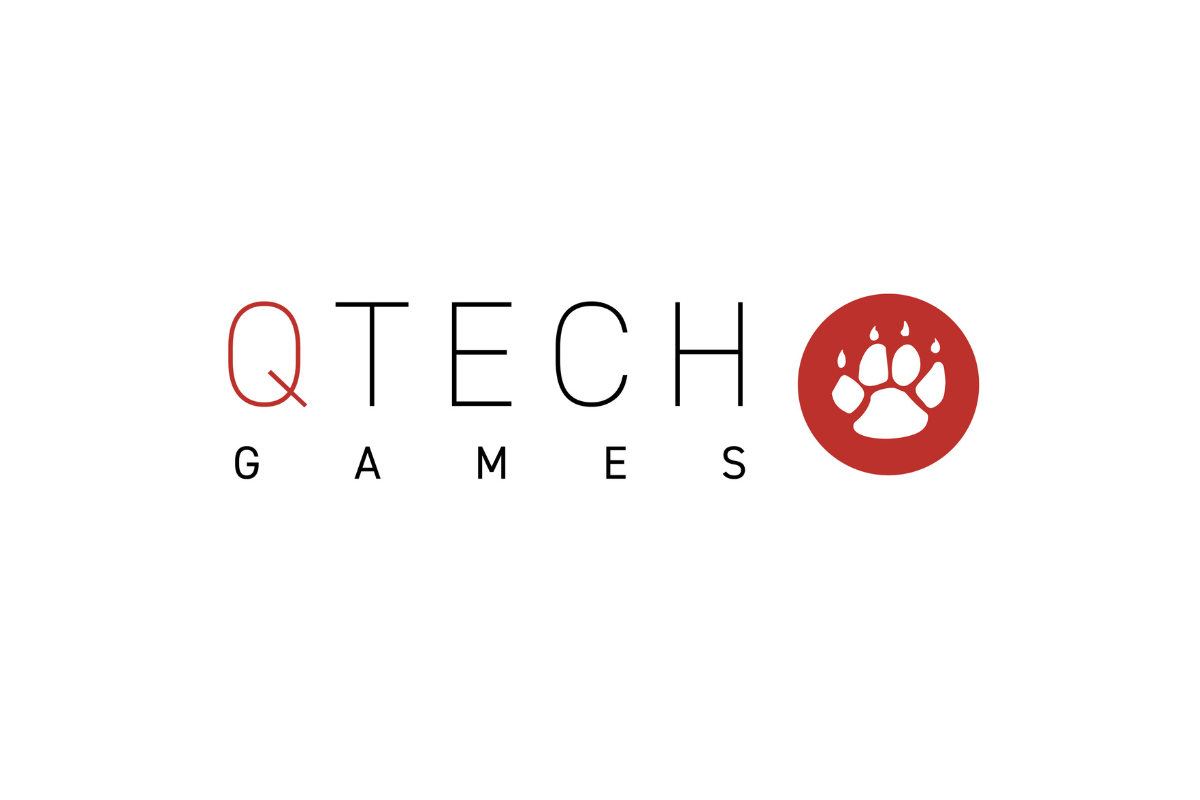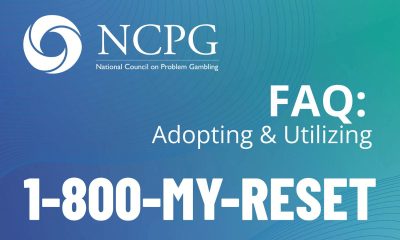Eastern Europe
Lack Of Professional Approach To Legalization Of Gambling

The necessity of legalization of gambling in Ukraine has been the topic of interest for a long time. The new government, at the initiative of President Zelensky, has been trying to do this for almost a year now. Experts gave hundreds of comments about this process, journalists wrote dozens of articles, and deputies held many meetings of various working groups. In general, the relevant bill has undergone a number of changes and for a long time has been evolving step by step to an increasingly acceptable form: the general opinion of the market is that the law should be the same for everyone, everyone is ready to certain compromises, and even a high fixed cost of licenses is considered acceptable when the tax on gross gaming revenue (GGR) is abolished. But today the improvement of the bill hit up against the interests of the lottery pool of deputies, who are trying in every possible way to maintain the monopoly position of the lotteries and the associated gray schemes of work of other types of gambling. For this reason, the bill 2258-d on second reading runs the risk of entering the session hall with a number of fundamental problems that will simply nullify the positive effect of the legalization of gambling in Ukraine.
The motivation of the deputies from the lottery circle is obvious, they simply work off the corrupt rent of their patrons. But the motives of the deputies close to President Zelensky are not clear. In case of collapse of legalization or failure to get the expected results, this initiative will turn into a pile of stones that will be thrown at the President by both the opposition and other enemies without hesitation. Especially considering the fact that the President took this issue under his personal control.
Two main factors have caused the current unfavorable situation regarding the legalization of gambling in Ukraine: 1) the subjectivity of certain influence groups (strongly represented by the lottery pool of deputies), and 2) an exclusively theoretical understanding of the mechanism of work and specific features of the gambling business, which can be observed in the statements made by the head of the relevant committee, Daniil Getmantsev. Thus, instead of a broad discussion with future gambling operators, which could contribute to the development of a realistic draft law, we get a substitute for lottery “wishlist”, and an ordinary incompetence.
It will take more than one article to describe all the mistakes of legalization of gambling “in the Ukrainian style”. But nevertheless, the most striking moments can be singled out, without the resolution of which all the previous work will go down the drain.
So, the biggest problem is that the work on the relevant law is carried out without regulating the tax aspect of the organization of gambling. This approach may result in gambling operators paying taxes of 50-60% of profits for doing business legally. In this case, legalization will remain only on paper, as well as the long-awaited income to the treasury. Therefore, it is now extremely important to start a broad discussion on the tax burden for the gambling business. Since the budget of Ukraine needs fast money, and setting up an online monitoring system to track gross gaming revenue (GGR) requires considerable amount of time and specialist training, it would be logical to keep high license fees, but abolish the GGR tax. To understand the numbers, we want to remind you that for one license for 5 years, gambling operators in Ukraine will have to pay (ed. – take into account currency rate fluctuations): a casino – from $5.8 million to $20 million, depending on the number of rooms in the hotel; bookmakers – more than $21 million; lottery distributors – $14.7 million; gambling rooms – $145 thousand; online casinos – $2.4 million. At the same time, legislators plan to establish the GGR tax in the range of 18-25%, in spite of the bill 2713-3, which abolishes the tax on gross gaming revenue (GGR).
In general, world experience provides a choice between two options – either a high license fee or a GGR tax. More precisely, with a GGR tax a license fee may be levied, but then its amount is set at a very low level. In fact, a high fixed license fee is a tax on gross revenue paid in advance. Here are some examples from world experience.
In Britain, for example, a one-time fee for applying for a gambling license is €5,730, and a staff/ management license is about £330. The head of a gambling establishment is also obliged to pay an annual fee to ensure that his current license continues to be valid. The annual license fee depends on the gross turnover of the company. Gambling in England is subject to two taxes: 15% tax on total gaming revenue, and 18% income tax.
In the Netherlands, taxation on the organization and conduct of gambling is also quite high. Casino operators must pay a 29-percent gross revenue tax on games. In addition, they must also contribute 1.5% to the development of the gambling association and 0.25% to the fund against drug addiction.
Swedish casinos are obliged to pay a tax of 18% of their total gaming revenue. For doing business in the country you also need to purchase a license. It can cost from 6 to 70 thousand euros.
In Malta, the gaming tax makes up 5% of the revenue generated from certain gaming services during the relevant tax period. The tax on gaming devices in Malta varies from 12.5% to 30% for different types of licenses. Malta gambling management requires a company applying for a gaming service license to have a minimum share capital from 40 thousand euros to 100 thousand euros, depending on the type of gambling establishment in terms of profitability.
In France, the rules for calculating tax rates are as follows: the gambling turnover tax is 8.5%, and income tax is additionally paid at the standard rate of 28%.
In addition to taxes, all casinos also pay certain fixed fees. So, the budgets of municipalities on a daily basis receive 12 euros from the first roulette that opens and 6 euros from each subsequent roulette that opens.
Thus, the tax on GGR is usually used in those countries where there is no license fee or it is symbolic. In most countries where gambling is legalized, the authorities understand that gambling brings sufficient revenues to the budget, but it requires an adequate tax base.
To introduce the GGR tax, an optimal monitoring system is needed. It shouldn’t be overloaded, the way our parliamentarians do this, striving to stuff everything possible and impossible into monitoring. This approach is an evidence of a superficial and purely theoretical knowledge of the authors of such ideas. For the GGR tax, the most important thing is to control the entry and exit of funds. For example, if 2 million UAH was brought during quarter, and 1.8 million UAH was given away as wins, then out of 200 thousand the GGR tax will be calculated. Everything is extremely simple. It is better to transmit information in the online monitoring system in non-personalized form and in a package, rather than in real time format and with all the data about the player, because otherwise, any halting will lead to an interruption in the operator’s work or to an unintentional violation of the law. But until such a simple and effective system is offered, it is better to use a high license rate and not charge the GGR tax.
If the gambling business is nipped in the bud, then the budget will not get any money. Therefore, the philosophy of the attitude to this type of business needs to be changed, it is necessary to create an adequate tax base and equal conditions for all operators. In response, the state will receive both substantial revenues to the budget and substantial amount of money for charity. Historically, gambling money goes to support social projects. For example, in France, theaters were built on taxes from the organizers of gambling establishments, and a famous opera house was built in Baden-Baden (Germany) on the tax revenues from the gambling industry. In the Netherlands, the representatives of the gambling industry sponsor the football championship, and in Canada – the annual stage of Formula 1 auto racing. In the USA, casinos finance basketball and hockey clubs.
In many countries, the distribution of tax revenues from the gambling business goes under special budget items. In Denmark, 65% goes directly to the Ministry of Culture and is directed to the development of sports and cultural life. In Finland, profits from lotteries and casinos are directed through the Ministry of Education to finance the development of national culture, and state revenues from betting on horse races are used to stimulate the development of national horse breeding and to conduct equestrian competitions.
For centuries, the authorities of various states have been convinced that human passions, including excitement, can’t be eradicated and prohibited, and therefore the only adequate solution is to find a reasonable compromise between the state, business and player. Many European countries have accepted such a philosophy a long time ago, and it’s time for Ukraine to finally take this path by creating a competitive market that will: a) be attractive to foreign investors; b) create hundreds of thousands of well-paid jobs, and c) replenish the budget with tax payments.
Powered by WPeMatico
Compliance Updates
Romanian National Gambling Authority Pushes for Urgent Overhaul of Self-exclusion Rules

The Romanian National Gambling Authority (ONJN) has formally urged the Ministry of Finance to introduce emergency measures aimed at strengthening the country’s self-exclusion system. ONJN President Vlad-Cristian Soare said the regulator has submitted a draft emergency ordinance (OUG) designed to close loopholes in existing legislation and bolster player protection.
The ONJN launched Romania’s gambling self-exclusion platform in 2020 under legislation GD no. 111/2016, Art. 130. However, there have been discussions for some time over the shortcomings of the programme, and industry groups such as the EGBA have been vocal in proposing improvements.
Last year, the ONJN ordered gambling operators to apply a “single account principle” for self-exclusion, meaning that self-exclusion requests automatically apply across all platforms. That clarification closed a loophole that allowed players who had self-excluded with one operator to switch to another and continue to gamble, but issues remain.
Soare assumed leadership of ONJN in May 2025 following the resignation of his predecessor after a damning audit report. He said: “I promised self-exclusion would not remain a project that only exists on paper like how I found it when I took office. It will be implemented in three stages: operation under the current framework (already achieved), legislative amendments to fix dysfunctions, and the rollout of a modern IT solution (now underway).”
In a post on LinkedIn post, Soare said the priority measures would include:
• A centralised and simplified self-exclusion network covering both online and land-based gambling providers.
• Defined exclusion periods: Players would be able to select from fixed durations, including indefinite bans from gambling, with mandatory cooling-off periods to prevent premature withdrawal from the programme.
• Deposit recovery: Operators would be required to refund deposits if self-excluded players were mistakenly allowed to gamble.
• Stricter penalties: Breaches of self-exclusion rules could trigger fines ranging from 50,000 to 100,000 lei (€9800–€19,600). Repeated or severe violations could lead to licence suspensions.
• Improved visibility: Clearer terminology, mandatory self-exclusion information on gambling websites and QR codes in gambling halls linking to national resources would make the system more accessible.
Soare also signalled plans to involve Romanian police in enforcement and collaborate with the National Institute for Research and Development in Informatics. The goal is to build a modern, cost-efficient IT infrastructure capable of supporting a fully integrated self-exclusion regime.
The post Romanian National Gambling Authority Pushes for Urgent Overhaul of Self-exclusion Rules appeared first on Eastern European Gaming | Global iGaming & Tech Intelligence Hub.
Eastern Europe
GameTimeTec Set to Access Emerging Markets Through QTech Games

QTech Games, the leading game aggregator for all emerging markets, has continued to maintain the momentum in its content pipeline, thanks to its latest deal with rising star supplier, GameTimeTec, a casino developer consistently producing dynamic content across slots, arcade, crash, dice, and card genres.
GameTimeTec’s ShowTime portfolio of slots and arcade-style games always brings something fresh, with popular titles now including Lucky Clover (Hold and Spin), Glory of Olympus (Unlocked), Air Gold (Miles Jackpot), Vikings Thunder, Chimon, SpinTop, Fortune Avengers, Sugar Love, and Celtic Bash. All these games ride on the back of exceptional maths modelling that varies the volatility spectrum, helping to foster some truly engaging gameplay.
The deal organically broadens GameTimeTec’s international footprint, unlocking unmined jurisdictions for diversified growth from Asia to Africa and Eastern Europe to Latin America.
CJ Shaw, CEO at GameTimeTec, commented: “We’re naturally thrilled to have teamed up with QTech Games to improve our distribution across emerging regions, seamlessly offering our fantastic games to a range of untapped operators.”
“It’s all about delivering more high-performing games, appealing to a broader range of players across the igaming spectrum – notably, slots, arcade, crash, dice, and card games. We strive to deliver balanced gameplay mechanics, varied volatility and sophisticated maths models, giving our games global appeal.”
Philip Doftvik, CEO, QTech Games, said: “GameTimeTec’s content brings a level of energy and engagement that we’re delighted to share across our sprawling network for emerging markets. Like us, they know that localised solutions comprise the key to success across this patchwork quilt of opportunities.”
The post GameTimeTec Set to Access Emerging Markets Through QTech Games appeared first on Eastern European Gaming | Global iGaming & Tech Intelligence Hub.
Best Solutions for iGaming Industry in Romania 2025
Soft2Bet Nominated for Best Solutions for iGaming Industry in Romania 2025

Reading Time: 2 minutes
Soft2Bet, a leading provider of iGaming turnkey solutions, has been nominated for Best Solutions for iGaming Industry in Romania 2025 by Romania Gaming Celebration 11 – Casino Inside Gala Awards. The nomination highlights Soft2Bet’s continued investment in the country and its ability to deliver highly localised and high-performing solutions for local operators and players, powered by its proprietary gamification engine, MEGA (Motivational Engineering Gaming Application).
This nomination is the latest in a series of achievements in the Romanian market, highlighting Soft2Bet’s data-driven iGaming solutions for player retention. Previously, the company was honoured as the Best iGaming Solutions Provider in Romania at the 12th Reunion of Gambling Professionals. Furthermore, its local brand, Don.ro, secured the title of Best New Launch of 2024 at the same event, and in the process showcased how its approach to creating compelling brands specifically tailored for Romanian players is highly successful.
Don.ro has rapidly established itself as one of Romania’s most recognisable online entertainment platforms. Its success is built on a highly intuitive user experience (UX), a comprehensive range of casino and sportsbook options, and strategic, locally focused marketing campaigns. In addition, Don.ro has strengthened its brand appeal and established strong trust with Romanian players thanks to its partnership with the CFR Cluj 1907 football club, in the process contributing to local sports.
Don.ro uses Soft2Bet’s advanced MEGA technology to boost player engagement with missions, challenges and personalised rewards. This proprietary technology also ensures responsible gaming. MEGA allows operators to customise player experiences, rewards and activation triggers to fit local market needs. These features increase engagement, retention and long-term value for both casino and sports betting platforms.
Yoel Zuckerberg, Chief Product Officer at Soft2Bet, stated: “Being nominated in the Best Solutions for iGaming Industry in Romania 2025 category is a clear recognition of all the work our teams have accomplished with Don.ro and confirmation of the success in Romania. Our focus is on building locally relevant experiences, powered by MEGA and supported by strong compliance and design standards. We are proud of what we are achieving in Romania and remain committed to bringing quality iCasino engagement tactics and long-term strategies to our players.”
The post Soft2Bet Nominated for Best Solutions for iGaming Industry in Romania 2025 appeared first on European Gaming Industry News.
-

 Amusnet7 days ago
Amusnet7 days agoWeek 5/2026 slot games releases
-

 Compliance Updates7 days ago
Compliance Updates7 days agoNational Council on Problem Gambling Adopts 1-800-MY-RESET as New National Problem Gambling Helpline Number
-

 Ani Isakhanyan7 days ago
Ani Isakhanyan7 days agoFeedConstruct Expands its Presence in Latin America
-

 FDJ UNITED7 days ago
FDJ UNITED7 days agoFDJ UNITED Aims to be Among the Top Three Licensed Gambling Operators in Finland
-

 Compliance Updates7 days ago
Compliance Updates7 days agoDigitain Secures Isle of Man iGaming Software Supplier Licence
-

 betting terminals6 days ago
betting terminals6 days agoMeridianbet Completes Fairbet Acquisition, Expanding Malta Retail Gaming Network Under Golden Matrix Group
-

 Carl Gatt Baldacchino Head of Account Management SlotMatrix7 days ago
Carl Gatt Baldacchino Head of Account Management SlotMatrix7 days agoSlotMatrix Unleashes Fiesta-Fueled Thrills with Muertos Fortune
-

 Book of Sobek4 days ago
Book of Sobek4 days agoHölle Games Releases Book of Sobek



















